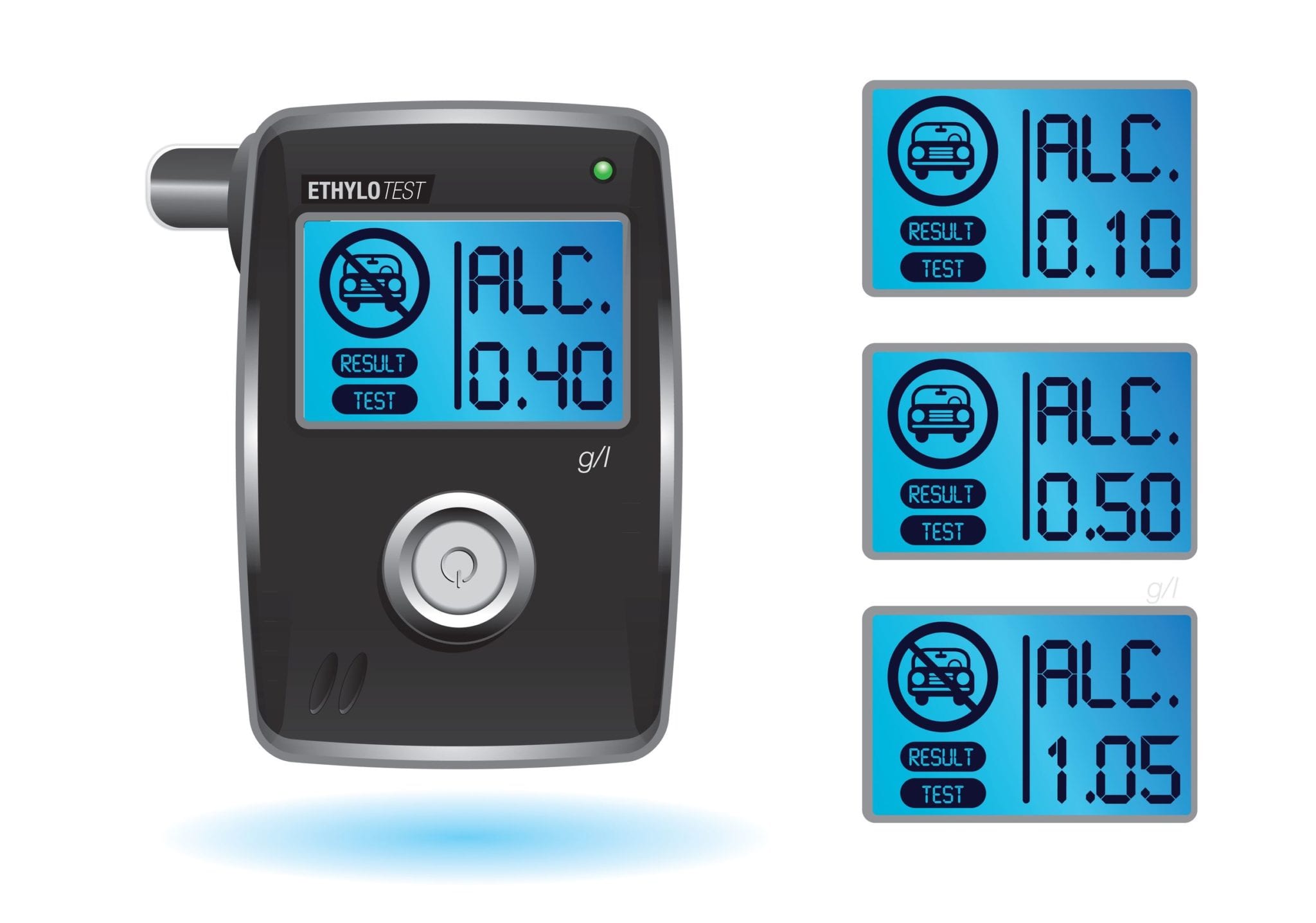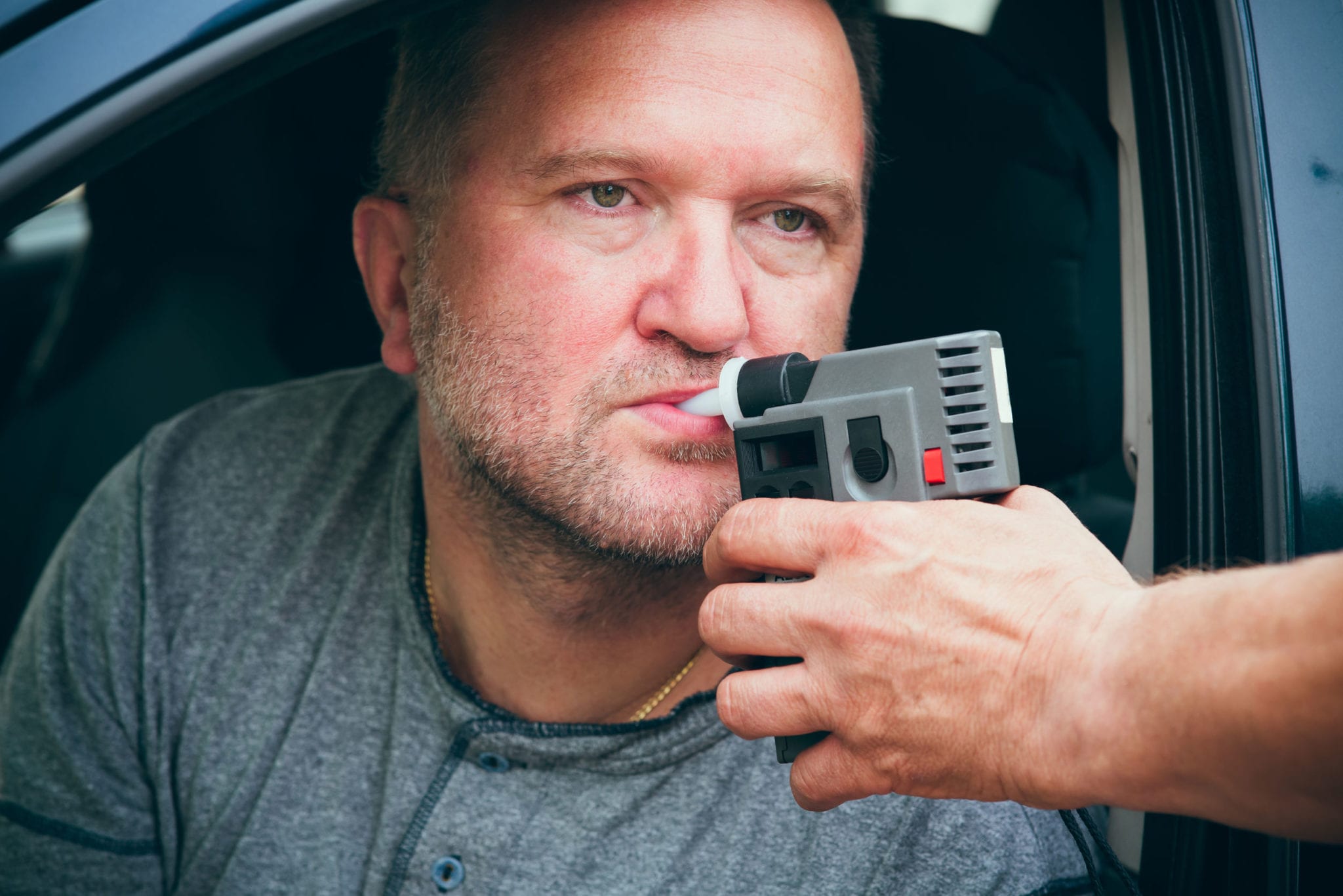
At first glance, Texas DWI cases appear to be pretty cut and dried. If you get tested and have a blood alcohol content (BAC) of .08 or above, you broke the law because you were too intoxicated to drive. You will be tried, and you will be convicted.
Right?
Maybe. Maybe not.
You might have read stories or heard about people who were pulled over for DWI, tested, and arrested – even though they were perfectly sober. How is this possible?
The consequences of a DWI in Texas are serious, so a false accusation is not something you want to ignore or let pass. Defendants falsely accused of DWI, even with an incriminating BAC, need to fight back.
Before discussing defense strategies, let’s talk about the ways that the supposedly “objective” breath test devices can falsely incriminate even a completely sober driver. If any of the following apply to your case, it might be time to call up a defense lawyer and start building your defense.
1. Calibration Interference
In order for machines to measure anything properly, they have to be calibrated properly.
Think about it this way. Have you ever been on a scale that was calibrated improperly? Maybe it was reset wrong, causing it to measure a 15-pound item at 0 pounds. Or instead of starting at 0 pounds, it starts at -4 pounds.
Breath tests work in a similar way if they have not been calibrated properly. As you might imagine, this can drastically change your reading.
2. Less Effective Breathalyzers
Not all breath test devices are created equal. There are a few different models, and they can produce more or less accurate results depending on what is used on you.
The less accurate breath tests are fine to use at home, but are not recommended to make or break a case that could cost a defendant thousands of dollars.
Find out if the breath test involved in your arrest contained tin oxide or semiconductor sensor technology. If this is the case, you may have a strong defense on your hands.
3. Presence of Medications or Other Substances
A breath test can’t distinguish mouthwash from vodka – and that’s just one example. There are a handful of substances that may lead to an inaccurate result, including:
- Medications
- Cough syrup
- Hairspray or other aerosols
- Particles in your airbag
- Cigarettes
Health conditions may also impact your ability to produce an accurate BAC through a breath test. Diabetics and people with conditions that affect the lungs should be extra skeptical if a breath test produces incriminating results.
4. Negligence
There are certain steps that law enforcement officers must take when administering breath tests. For example, mouthpieces must be changed after every driver has taken the test. If the mouthpiece is not changed, your results can be impacted by another driver’s breath. In addition to being unhygienic, this negligence could lead to an unlawful arrest.
In order to avoid relying on a single breath test that is performed negligently, ask for multiple breath tests. As the officer prepares the breath test for the next round, pay attention to how they set up the machine. (If the law enforcement officer does not comply, you may be able to use that refusal in your defense strategy, because generally multiple readings are required.)
5. Human Error
Behind every breath test is the person administering the breath test. Besides the issues mentioned already, there are many other ways that a law enforcement officer could fail to administer a breath test properly.

Science shows that the way that officers tell a person to breathe could affect their test results. Breaths that are too rapid or held too long could result in falsely incriminating results.
Bottom line? Officers must be trained in the proper way to reset, administer, and read the results of the breath test. If they do not abide by their training, you could be left with the consequences. Reach out to a defense lawyer if you believe that an officer used an inaccurate breath test, or administered it incorrectly.
About the Author:
Brandon Fulgham has an in-depth understanding of both Texas law and Texans themselves. Before practicing law here, he received his undergraduate degree from TCU, and his law degree from South Texas College of Law in Houston. After graduation, he worked in District Attorneys’ offices as a prosecutor, building cases designed to put people behind bars. Now, he uses that knowledge to protect the rights of people in and around Fort Worth, making sure they receive the strongest possible defense when they find themselves on the wrong side of the law. He has been recognized for his work by The National Trial Lawyers, Fort Worth Magazine, and others.